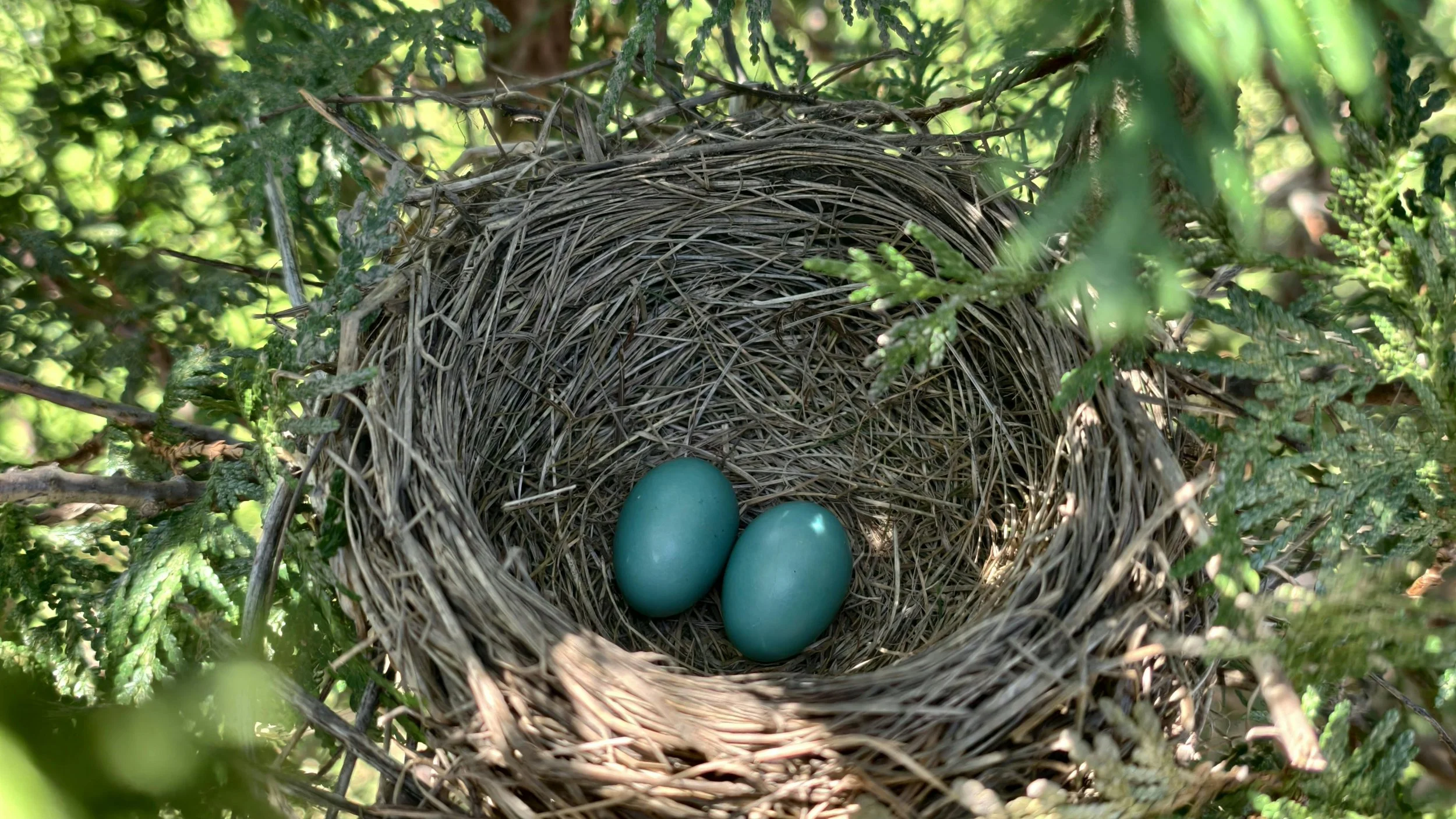The Truth About Hyper-Independence in Postpartum Motherhood
For the women who have always been the doers, the fixers, the “I’ll handle it” types, motherhood can hit like a freight train. Suddenly, the strong, capable version of you who once thrived on handling everything solo is standing in the kitchen, holding a baby, half-crying and half-laughing because… how in the world is this supposed to be sustainable?
Welcome to the emotional collision between hyper-independence in postpartum and reality where your nervous system, your identity, and your old coping patterns all meet in a beautifully chaotic storm.
What Is Hyper-Independence (and Why Are So Many New Moms Living It)?
Let’s start here: hyper-independence isn’t just being “super independent.” It’s independence cranked all the way up. A learned survival skill that says, “If I just do everything myself, I can’t be disappointed, let down, or hurt.”
For a lot of women, this belief starts early. Maybe you grew up in a family where asking for help didn’t go well. Maybe support wasn’t available, or you learned that depending on others came with strings attached. So, you adapted. You got really good at taking care of yourself, others, and probably the whole damn room.
It worked. Until now.
Because postpartum (that messy, tender, body-altering, sleep-deprived, hormone-swinging chapter) doesn’t care about your spreadsheet, your efficiency, or your “I’ve got this” attitude.
Motherhood, especially the early months, isn’t designed for solo survival. It’s meant to be communal, supported, messy, and shared. But try telling that to the hyper-independent part of your brain that still whispers, “If I can’t do it all, I’m failing.”
(Hellllooooo, patriarchy.)
Why Hyper-Independence Shows Up in Postpartum
If you’ve been praised your whole life for being strong, capable, and independent, it makes sense that the postpartum period can feel like an identity crisis. Suddenly, the things that once made you feel proud (your competence, control, and efficiency) are replaced by sleepless nights, leaky everything, and a crying baby who doesn’t care how on top of things you used to be.
Here’s the thing: hyper-independence in postpartum is not a character flaw. It’s a stress response. It’s your nervous system trying to regain control in a time that feels anything but controlled.
Let’s talk about where it often comes from:
1. Past Trauma or Betrayal
If you’ve been hurt, abandoned, or betrayed before, independence becomes armor. You learn to rely on yourself because relying on others didn’t feel safe. Then postpartum happens and suddenly, you need people again. That can stir up old fears and discomfort.
2. Family and Cultural Conditioning
Raise your hand if you were taught that being a “strong woman” means never needing anyone. Society loves a self-sufficient woman until she becomes a mother and everyone wonders why she’s so tired.
Many of us internalize this belief that needing help equals weakness. It’s baked into how we’re raised, praised, and portrayed. So when postpartum hits, hyper-independence can feel like the only “acceptable” way to cope.
3. The Pressure to Be the “Good Mom”
Postpartum is filled with messages about doing it “right.” Breastfeed, but don’t overdo it. Rest, but keep the house clean. Bond with the baby, but also take care of yourself. (As if there’s time for both?)
When you’re hyper-independent, you might feel pressure to nail all of it without showing cracks. And when you inevitably can’t, the guilt sneaks in.
The Hidden Toll of Hyper-Independence in Postpartum
Let’s be honest, being hyper-independent feels good… until it doesn’t. There’s pride in “handling it,” but also exhaustion. There’s control, but also loneliness.
Here’s what it can quietly look like in postpartum life:
You’re too tired to function but still refuse to nap while someone else watches the baby.
You’re snapping at your partner because “they don’t do it right.”
Friends offer help, and you say, “We’re fine!” (You’re not fine.)
You start resenting everyone around you, including yourself.
You feel ashamed for struggling, so you hide it.
You might even start wondering, “What’s wrong with me? I wanted this baby so badly. Why can’t I just be happy?”
Nothing’s wrong with you. You’re just trying to survive with a playbook that doesn’t work here.
How Hyper-Independence Impacts Relationships
Postpartum isn’t just about you and your baby, it reshapes your relationships, too.
With Your Partner
When you’re used to doing everything yourself, letting your partner help can feel… uncomfortable. You might micromanage (“No, not like that!”), or dismiss help altogether because it’s “easier” to just do it.
What happens? You burn out, they feel useless, and both of you feel disconnected.
With Friends and Family
Even well-meaning offers of help can feel like criticism to a hyper-independent mom. So you decline, over and over, until people stop asking. Then the loneliness hits. You might look around and think, “Everyone else has a village. Where’s mine?”
The truth is, your village tried. You just couldn’t let them in.
With Yourself
This one hurts the most. Hyper-independence can create an internal war: you’re craving help but terrified of needing it. You feel grief over not being the version of yourself you used to be. And sometimes, there’s shame because if you’re not the capable, strong one, who even are you?
Healing the Hyper-Independent Mom: How to Start Letting People In
Here’s the truth: you can’t “self-care” your way out of hyper-independence. (Sorry, bubble baths and journaling. Love you, but not this time.)
Healing this pattern takes awareness, practice, and a whole lot of compassion. It’s not about flipping a switch, it’s about slowly teaching your brain and body that it’s safe to receive support.
1. Start Small
You don’t have to hand over the baby and take a two-week vacation (though wouldn’t that be nice?). Start with something simple. Say “yes” when a friend offers to bring food, or let your partner do bed or bath time even if it’s not exactly how you’d do it.
The world won’t fall apart. Promise.
2. Ask Yourself One Question
Each day, try asking: “What would happen if I let someone help me today?”
Not forever. Not for everything. Just today.
Sometimes, that small mental shift cracks open a door that’s been locked for years.
3. Practice Vulnerability
I know, I know… vulnerability sounds terrifying. But letting someone see you struggle doesn’t make you weak. It makes you human.
You’ve been strong for so long that softness feels risky. But here’s the secret: softness doesn’t cancel out strength, it deepens it.
4. Communicate Clearly
If you’re used to doing everything yourself, people might not know how to help you. Try being specific:
“Can you hold the baby while I shower?”
“Could you drop off groceries?”
“I just need someone to listen without fixing it.”
People want to show up for you. They just need direction.
5. Work with a Therapist
If this pattern runs deep (and it often does), postpartum therapy can be a game changer. A therapist can help you unpack the roots of your hyper-independence and build new ways to connect. Ones that feel safe, not threatening.
Therapy isn’t about “fixing” you. It’s about helping you create balance where you can both stand strong and lean in when needed.
For the People Who Love a Hyper-Independent Mom
If you’re reading this because you love one of these women… hi, thank you for trying. I see you. Supporting someone who insists “I’m fine” when she’s clearly not can feel impossible. But don’t give up.
Here’s how to actually help:
Be consistent. Don’t stop checking in, even if she doesn’t respond. She’s not ignoring you, she’s overwhelmed.
Be specific. Instead of “Let me know if you need anything,” try “Can I take the baby for an hour or drop off dinner?”
Be patient. She’s unlearning years of conditioning that says needing help isn’t safe.
Remind her gently. She’s not failing for needing rest, help, or a break. She’s doing her best.
The Identity Shift No One Warns You About
Motherhood doesn’t erase who you were, it exposes it. It magnifies your patterns, your coping mechanisms, your beliefs about worth and control.
If you’ve always been the strong one, motherhood might make that strength feel like a curse. But here’s the reframe: it’s also your opportunity to rewrite the story.
You don’t lose your identity when you ask for help, you expand it. You become someone who is strong and supported, capable and connected, independent and interdependent.
That’s growth. That’s healing.
Final Thought
Hyper-independence in postpartum isn’t something you need to “fix.” It’s something to understand. It’s your body’s way of saying, “I don’t feel safe needing anyone.”
But what if you could teach your nervous system that help isn’t danger, it’s relief? That letting someone hold you doesn’t mean you’re weak, it means you’re healing?
Motherhood doesn’t just demand strength, it invites softness. And in that soft, supported space, you might just find a version of yourself that’s stronger than ever.
So, next time that voice whispers, “I can do it myself,” try answering back, “Maybe, but I don’t have to.”



